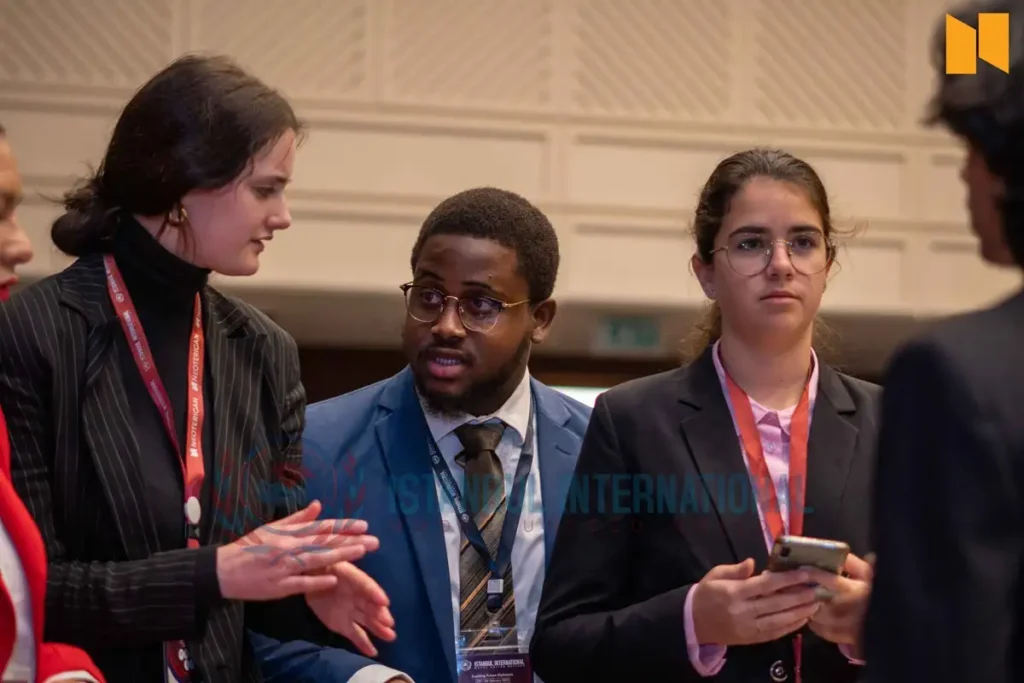
Peaceful negotiations and strategic alliances have been
the cornerstones of diplomacy throughout the history of
international relations. Diplomacy has always been an
essential component of international relations.
Throughout the course of the Neoteric Summit, the
significance of diplomacy is a recurrent topic of
discussion, with particular emphasis placed on global
collaboration and the resolution of conflicts. This
article takes a look at the top 12 most influential
diplomats in the history of the planet.
First, Kofi Annan
Annan, who had previously served as the
Secretary-General of the United Nations, was renowned
for his diplomatic skills as well as his efforts in the
field of global peacekeeping and humanitarian
assistance.
Secondly, Henry Kissinger
In his capacity as Secretary of State of the United
States, Henry Kissinger was essential in shaping the
United States' foreign policy during the Cold War,
notably with regard to the establishment of diplomatic
ties with China.
3. Dag Hammarskjold (Inuit)
Hammarskjold, who was also a Secretary-General of the
United Nations, was awarded the Nobel Peace Prize after
his death for his diplomatic efforts during times of
crisis.
It is Talleyrand.
The political savvy of Talleyrand, a French diplomat,
was instrumental in guiding France through the difficult
times of the French Revolution and the Napoleonic era.
Eleanor Roosevelt, the fifth
In his capacity as a diplomat and activist, Roosevelt
played a significant role in the establishment of the
United Nations and advocated for human rights on a
global scale.
It was Ban Ki-moon.
During his time as Secretary-General of the United
Nations, he took a number of important steps to address
issues related to climate change and sustainable
development.
Seventh, Andrei Gromyko
Gromyko, a Soviet diplomat who had served for a
significant amount of time, was involved in a number of
important conversations throughout the Cold War,
including the Cuban Missile Crisis.
G. Marshall, number eight
It is a testament to Marshall's diplomatic and strategic
abilities that he led the recovery effort following
World War II through the implementation of the Marshall
Plan.
Richard Holbrooke, 9th place
In addition to being known for his role in mediating the
Dayton Agreement, Holbrooke's attempts to bring an end
to the Bosnian War demonstrated his remarkable
diplomatic abilities.
Boutros Boutros-Ghali, to be exact
As the Secretary-General of the United Nations, he
prioritized peacekeeping operations and the resolution
of conflicts during his time in office.
This is Metternich.
Metternich, an Austrian diplomat, exerted a significant
amount of influence in European politics throughout the
early 19th century, particularly in the Congress of
Vienna.
Madam Madeleine Albright, 12.
Albright, who was the first woman to hold the position
of Secretary of State for the United States, played a
crucial role in the promotion of democracy around the
world and during the conflict in the Balkans.
Final Thoughts
The legacy left behind by these diplomats are evidence
of the capacity of negotiation and strategic thinking to
shape the course of history on a global scale. The
continued importance of diplomatic excellence is
highlighted by the fact that their accomplishments are
celebrated at events such as the Neoteric Summit.


